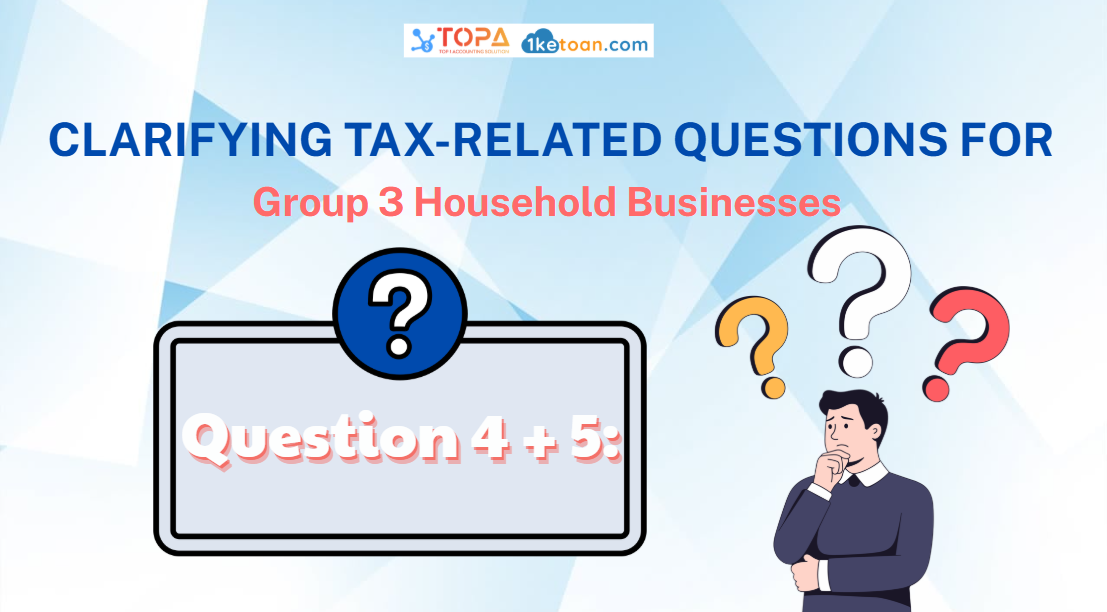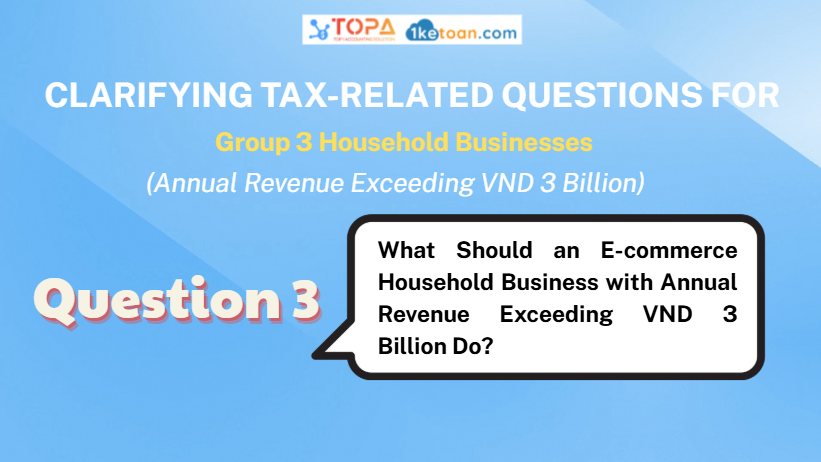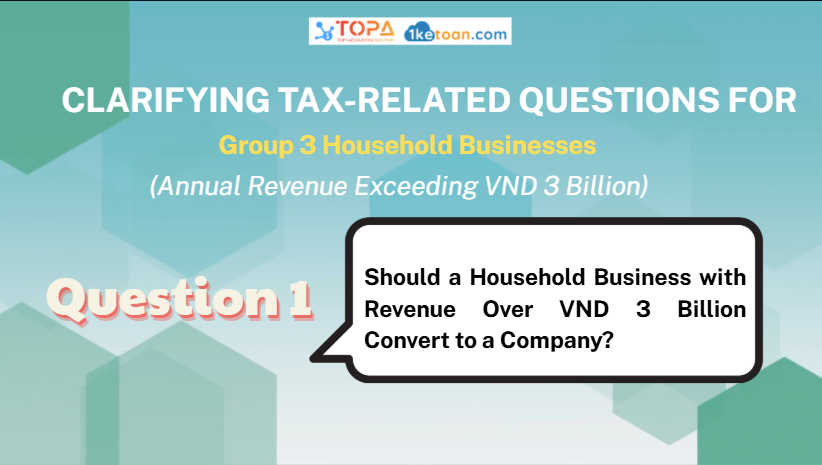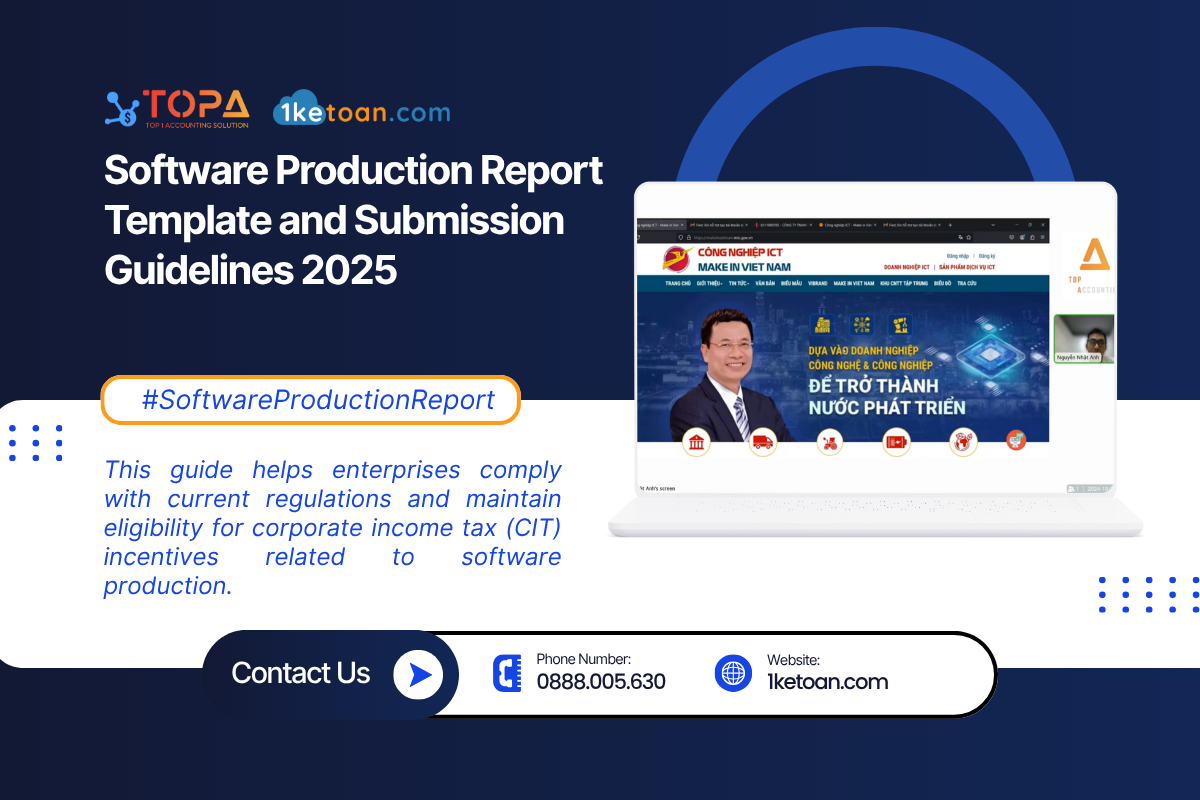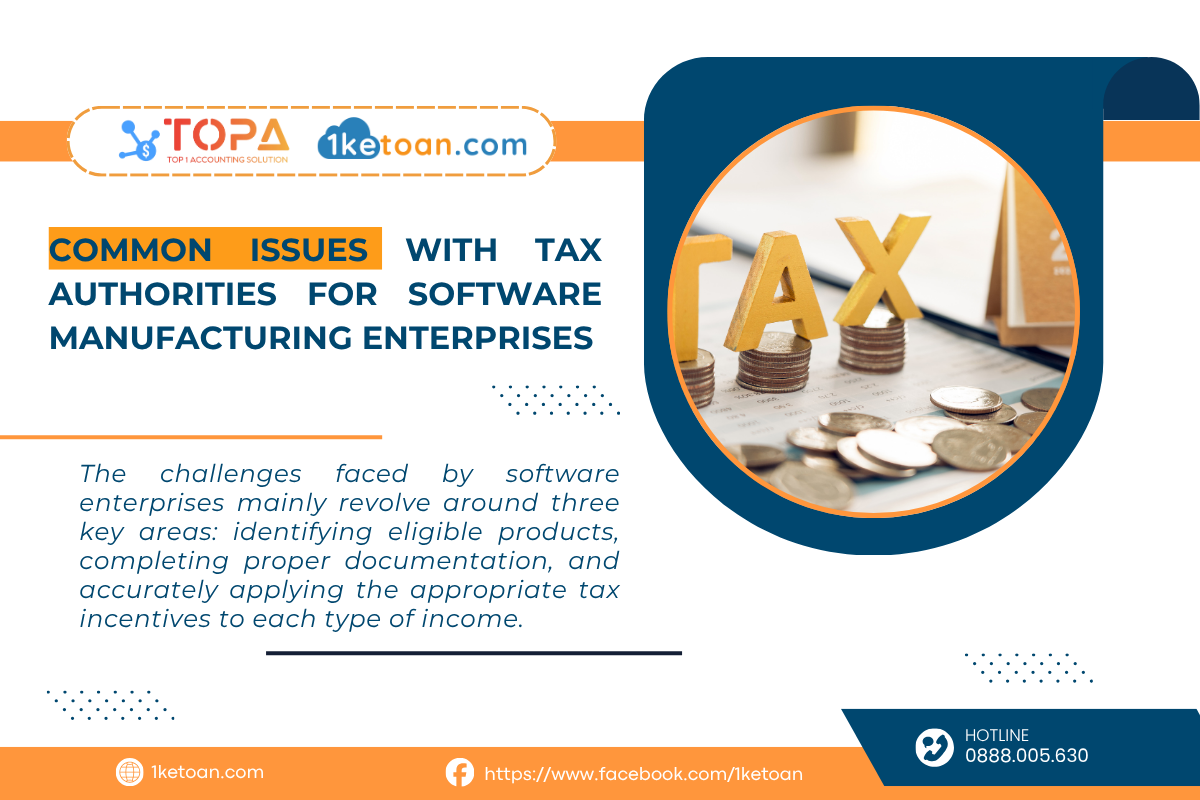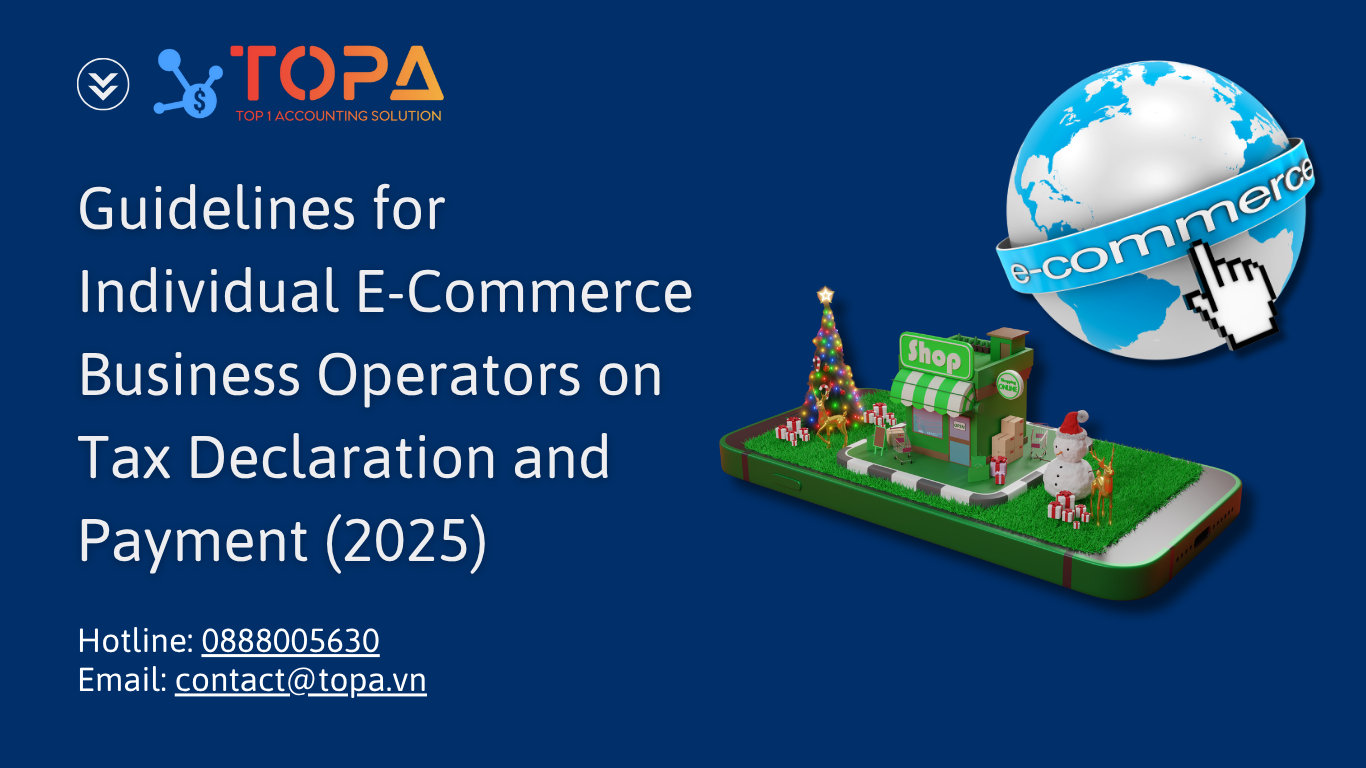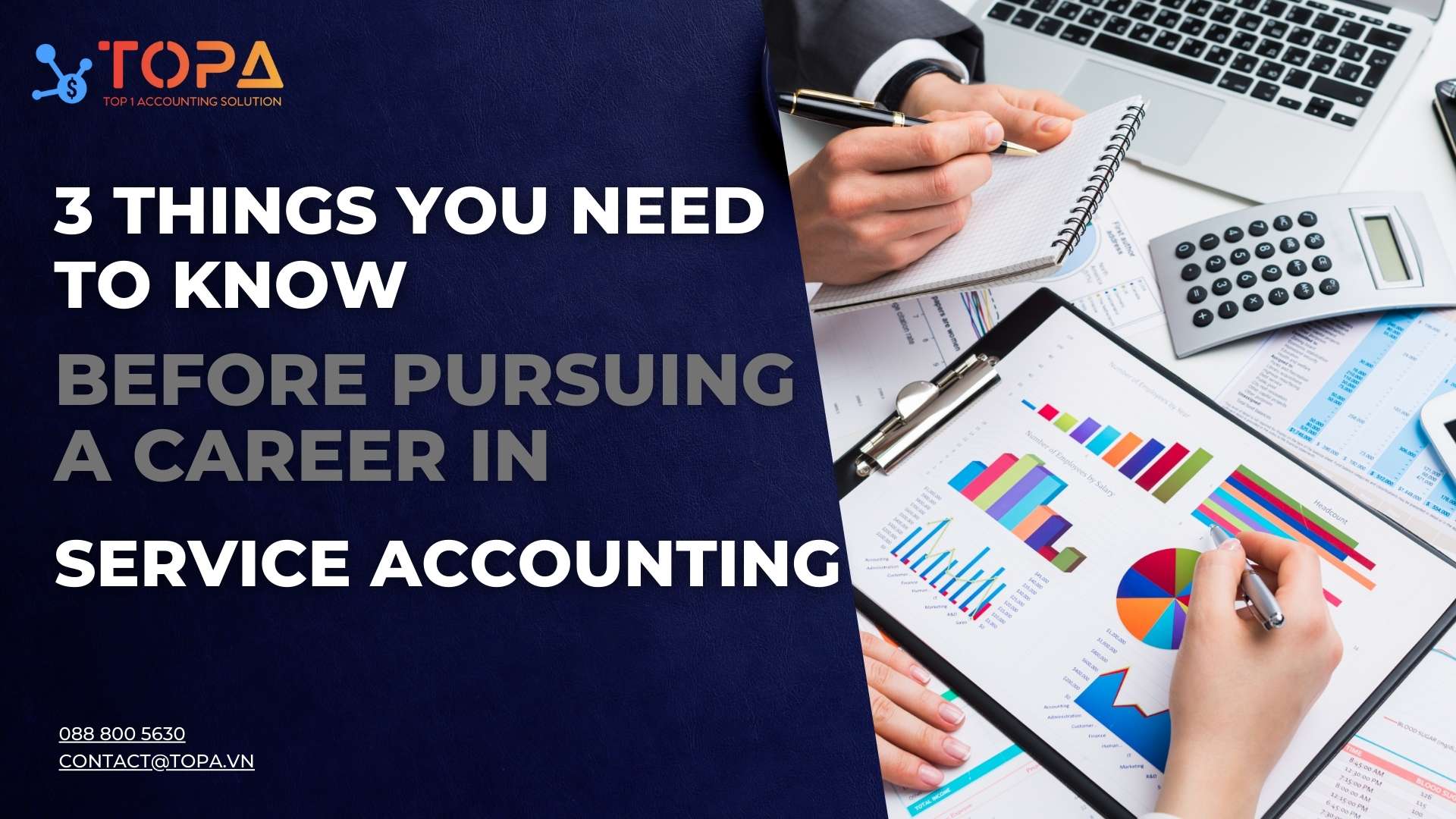Service Accounting Career Guide: 3 Key Things to Know
When I interviewed an experienced accountant at Topa, I realized the path into this profession is never easy. Service accounting offers stability and career opportunities, but newcomers face many challenges. They must handle dry numbers, meet tight deadlines, and develop meticulousness in every task.
That is why I want to share three important lessons from this conversation. Anyone aiming for a long-term career in service accounting should prepare for these.
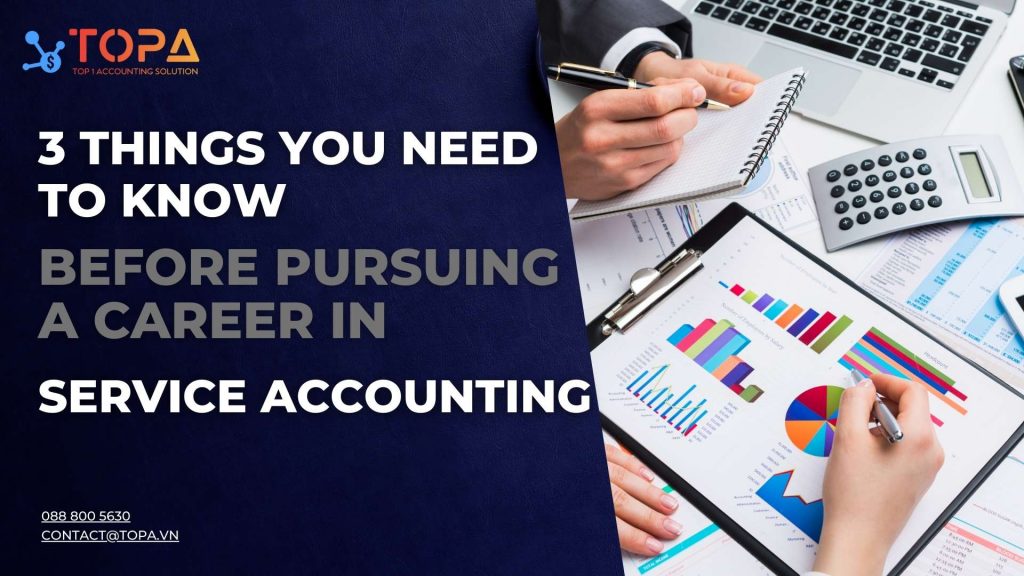
Nội dung
Building a Solid Knowledge Foundation for Service Accounting
The first step is to understand what service accounting is. It covers financial tasks, tax declarations, and tax filings with authorities. Its goal is to keep financial operations, tax reporting, and business transactions transparent, efficient, and accurate.
Specialized knowledge is the base for every accountant. Even in school, you should learn:
- Accounting and bookkeeping principles.
- How to prepare a financial statement.
- A basic understanding of tax law.
- How to read legal documents.
Even at work, you must keep learning because accounting and tax rules change often.
One advantage of accounting is that after graduation, you already master bookkeeping skills. You can handle basic tasks with little extra training. This foundation helps you adapt quickly in real work.
Cultivating the Right Attitude and Work Ethic
Accounting, especially service accounting, is not only about numbers. It reflects the attitude and character of the professional. Being meticulous helps you avoid small mistakes that could lead to serious damage.
A strong sense of responsibility is also vital. Every report and number you handle impacts the company’s financial health and reputation. A responsible accountant is proactive, admits mistakes, and works to fix them.
The ability to work under pressure is essential. Service accounting is tied to deadlines and demands accuracy. Above all, honesty is non-negotiable. A single lapse in integrity can destroy client trust.
In service accounting, you must listen carefully to clients, adapt to changes, and keep financial data confidential. By seeing from the client’s perspective, you can give better advice and respond professionally.
This is both a professional requirement and an ethical commitment. With strong work ethics and credibility, you will perform better and build a sustainable career in service accounting.
Developing Supporting Skills for the Job
Beyond knowledge and attitude, today’s service accountants need supporting skills such as:
- Proficiency in office computing and accounting software.
- Data analysis skills.
- Communication and consulting skills.
- Teamwork skills.
These skills seem simple but matter greatly. A good accountant not only inputs data but also analyzes the financial picture, explains clearly to clients, and works well with colleagues.
With these qualities, you stand out, gain employer recognition, and open doors to long-term growth in service accounting.
On the journey to becoming a professional service accountant, learning from reputable organizations saves time and reduces mistakes. If you need practice or a trusted partner in accounting and taxation, Topa is here to support you.
Connect with Topa today!
Read more >> Accounting – Bookkeeping Tax Service: What can it help foreign company in Vietnam?


